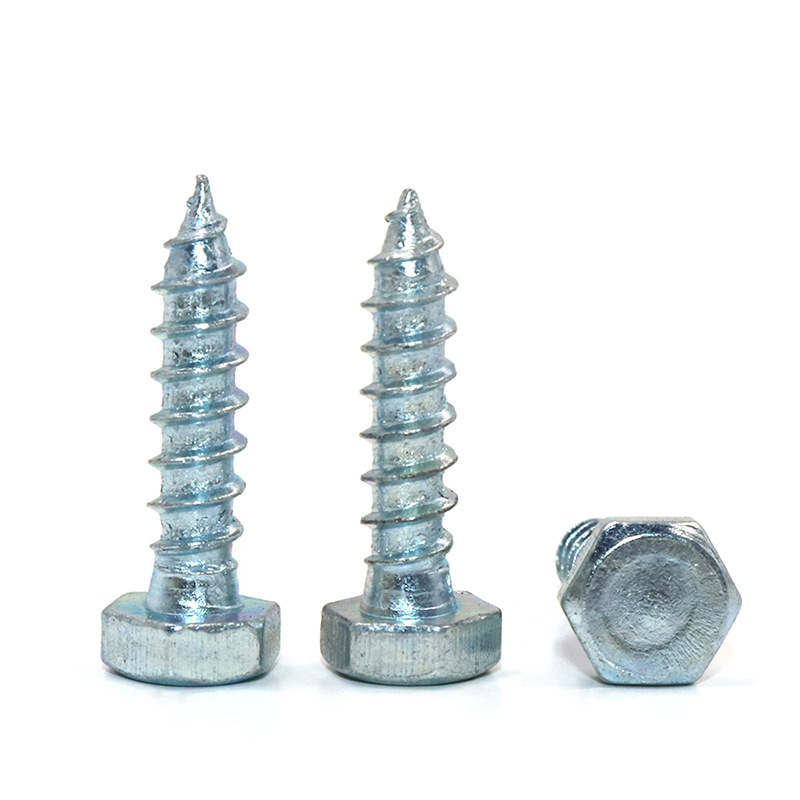

M30 Stud Bolt Specifications and Applications for Industrial Use
9月 . 24, 2024 00:02 Back to list
M30 Stud Bolt Specifications and Applications for Industrial Use
Understanding the Importance of Stud Bolt M30 in Industrial Applications
Stud bolts, particularly of the M30 size, play a critical role in various industrial applications. These fasteners are indispensable in construction, manufacturing, and engineering sectors, offering strength and reliability in securing two or more components together. The M30 stud bolt, with a nominal diameter of 30 millimeters, is designed for significant load-bearing applications, making it essential in scenarios where high tension and shear resistance are required.
What is a Stud Bolt?
A stud bolt is a threaded rod with a uniform diameter that is installed into a nut or a tapped hole, allowing for a secure fastening method. Unlike traditional bolts with a head, stud bolts have threads on both ends and are primarily used in conjunction with nuts on either side. This design provides versatility in various applications, especially where there is a need for a strong, tight connection without the interference of a bolt head.
Applications of M30 Stud Bolts
M30 stud bolts are commonly used in heavy machinery, structural steel assembly, and piping systems. In the construction industry, these bolts are often used in situations that involve significant forces such as tension and compression. For example, they can be found in bridges, skyscrapers, and large industrial plants where steel beams and components require secure connections.
Moreover, the oil and gas industry relies heavily on M30 stud bolts for securing flanges and valves in high-pressure systems. Their robust design ensures that they can withstand harsh environmental conditions and operate efficiently under stress. Additionally, these stud bolts are also utilized in the manufacturing of heavy equipment, ensuring that various machinery parts remain steadfast during operation.
stud bolt m30

Material and Coating Considerations
The performance and durability of M30 stud bolts greatly depend on the materials used and any coatings applied. High-strength carbon steel is a common material choice for stud bolts, providing a good balance of strength and corrosion resistance. In corrosive environments, such as marine or chemical processing applications, stud bolts may be coated with materials like zinc or epoxy to enhance durability and prevent rust.
It's also important to consider the grade of the stud bolt. Grades indicate the tensile strength and yield strength of the bolt, which directly impacts its applicability in different environments. Higher-grade bolts, such as those conforming to ASTM standards, are recommended for critical applications where safety is paramount.
Installation and Maintenance
Proper installation of M30 stud bolts is crucial for ensuring their effective performance. This usually involves using the correct torque specifications to avoid over-tightening, which could lead to bolt failure. Regular inspections and maintenance are also essential to check for signs of wear, corrosion, or loosening, particularly in high-stress applications.
Conclusion
In summary, M30 stud bolts are vital components in numerous industrial applications. Their strength, versatility, and reliability make them an ideal choice for securing large structures and equipment that endure significant stress. By understanding their applications, material considerations, and maintenance needs, industries can enhance safety and durability in their operations, ensuring long-lasting performance in challenging environments. As technology advances and industries evolve, the significance of high-quality fastening solutions like the M30 stud bolt will continue to grow.
Latest news
-
Hot Dip Galvanized Bolts-About LongZe|High Strength, Corrosion Resistance
NewsJul.30,2025
-
High-Strength Hot Dip Galvanized Bolts - Hebei Longze | Corrosion Resistance, Customization
NewsJul.30,2025
-
Hot Dip Galvanized Bolts-Hebei Longze|Corrosion Resistance&High Strength
NewsJul.30,2025
-
High-Strength Hot-Dip Galvanized Bolts-Hebei Longze|Corrosion Resistance&High Strength
NewsJul.30,2025
-
Hot Dip Galvanized Bolts-Hebei Longze|Corrosion Resistance&High Strength
NewsJul.30,2025
-
Hot Dip Galvanized Bolts - Hebei Longze | Corrosion Resistance, High Strength
NewsJul.30,2025

